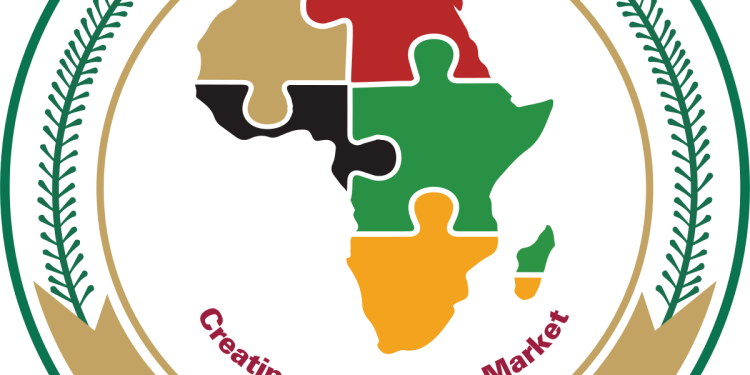Minority Urges Government to Prioritize AfCFTA Amid U.S. Tariff Hike on Ghanaian Exports
The Minority in Parliament has called on the government to accelerate the implementation of the African Continental Free Trade Area (AfCFTA) as a strategic response to the recent 10% tariff imposed on Ghanaian exports by the United States.
The tariff, announced by U.S. President Donald Trump on April 2, forms part of a broader set of reciprocal trade measures targeting multiple countries, including China and the European Union. Ghana’s inclusion in the policy has raised concerns over the nation’s economic reliance on U.S. markets.
In a statement signed by the Ranking Member of the Committee on Trade, Industry, and Tourism, Michael Okyere Baafi, the Minority emphasized the need for Ghana to reduce its dependence on Western trade partners by leveraging intra-African trade opportunities.
“Prioritize the implementation of the African Continental Free Trade Area (AfCFTA) to diversify export markets and reduce reliance on the U.S.,” the statement urged. It further recommended that Ghana expand its exports of manufactured goods to African markets while taking advantage of potential trade diversions caused by global retaliatory measures.
The Minority also called for immediate interventions to support businesses impacted by the tariff increase, suggesting the introduction of specialized assistance programs, including financial aid, training, and market intelligence, to help exporters navigate the evolving trade landscape.
Additionally, they advocated for intensified diplomatic engagements to protect Ghana’s trade interests, particularly by seeking an extension or alternative to the African Growth and Opportunity Act (AGOA), which provides Ghanaian exports with preferential access to the U.S. market.
“Develop specialized programs and policies to support exporters affected by the tariffs. Provide financial assistance, training, and market intelligence to help exporters adapt to the new trade environment. Advocate for the extension or replacement of AGOA to maintain preferential access to the U.S. market,” the statement added.
The latest tariff adjustment has triggered growing calls for Ghana to reassess its trade strategies. While government officials are yet to officially respond, industry stakeholders warn that failure to implement proactive measures could leave the nation’s export sector vulnerable to further disruptions.








